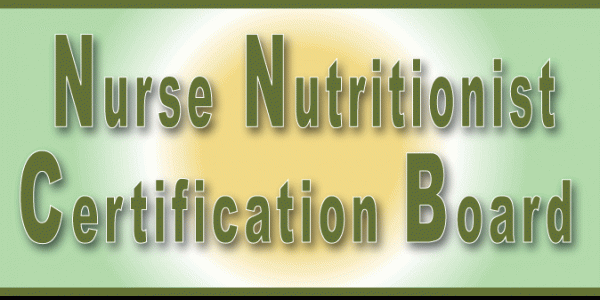The reference to Nutritionist versus Dietitian is a hot topic today, and the laws are ambiguous in many states in regard to who can do what and when. I decided to research the issues further and gathered information through my own states nursing board as well as Center for Nutrition Advocacy. Let it be known that Shannon Garrett, RN and Shannon Garrett Wellness, Inc. is in compliance with all federal and state guidelines. Please see the disclosure/disclaimer for more information.
In regard to nurses (including APNs and RNs) and nutrition, the following statements were directly quoted and written guidelines for nurses who engage in nutrition for clients from the Nurse Nutritionist Certification Board as of August 2014:
What if I Want to Diagnose Nutritional Issues?
Nurse licensing boards in both the USA and Canada believe diagnosing nutritional issues is not covered under a Nurse License Scope of Practice. Most of these boards prefer that nurses not use their nurse license when diagnosing nutritional issues.
All of these boards have no objection to RNs being a nurse and having a second business dedicated to addressing nutritional issues. They prefer the nurse not use their nurse license for any non-nurse business.
Nurses can use their RN and any certifications they have to teach the public about nutrition and nutritional issues as long as they do not diagnose any nutritional issues. Nurses may also coach, educate, empower, facilitate, instruct, mentor, supervise, train and tutor their clients to make their own health, nutrition and wellness decisions.
If nurses want to teach people how to diagnose their own nutritional issues, the Nurse Nutritionist Certification Board (NNCB) suggests doing so in a separate business as a coach, contracted coach, employee or owner of that business. Another alternative is to form a constitutional private association under the umbrella of a company like the Nutrition and Health Medical Education Association (NHMEA). To do that, the nurse needs a valid certification in nutrition in addition to their nurses degree.
What if I Want to Treat Nutritional Issues?
Nurse licensing boards in both the USA and Canada believe that treating nutritional issues is not covered under a Nurse License Scope of Practice. Most of these boards prefer that nurses not use their nurse license when addressing nutritional issues unless they are doing so under the supervision of a primary care physician. Everything else concerning nutritional issues is identical to what was shared above concerning nutritional issues.
State of Tennessee Nutrition Law:
0470-1-.03 NECESSITY OF LICENSURE.
(1) It is unlawful for any person who is not licensed in the manner prescribed in T.C.A. 63-25-101, et seq, to represent himself as a dietitian or a nutritionist or to hold himself out to the public as being licensed by means of using a title on signs, mailboxes, address plates, stationery, announcements, telephone listings, calling cards, or other instruments of professional identification or to use such titles as “dietitian/nutritionist,” “licensed dietitian,” “licensed nutritionist,” or such letters as “L.D.N.L.D,” or “L.N.”
(2) Dietitian/Nutritionist is one of the healing arts and as such the practice of which is restricted to those persons credentialed by the board. Persons engaging in the practice of dietetics/nutrition without being credentialed or expressly exempted by the law are in violation of T.C.A. 63-1-123.
Sections below are taken from the GENERAL RULES AND REGULATIONS, CHAPTER 0470-1 in regard to how nutritional education relates to nurses:
(3). Nothing in these rules shall be construed to constrict or limit:
- The Medical Practice Act, Osteopathy Practice Act, Nursing Practice Act or other licensed health professionals who are currently authorized to practice nutrition in their scope of practice from engaging in the practice of dietetics/nutrition in accordance with their scope of practice of their professions.
- Employed by or operating a business that sells health products including dietary supplements, food or food materials or provides non-medical nutritional information or distributes nutritional literature.
- Conducting classes or disseminating information related to non-medical nutrition.
Approved Programs by the National Nurse Nutrition Certification Board
The NNCB works with qualified programs and teachers to ensure that their general blueprint requirements are met to the Board’s satisfaction. For a list of programs which already meet NNCB’s blueprint criteria, visit www.nncb.org/approved/index.html, by phone at (888)718-0011 ext 1, or by mail:
NNCB
104 S. Richardson Blvd #1416
Black Mountain, NC 28711

